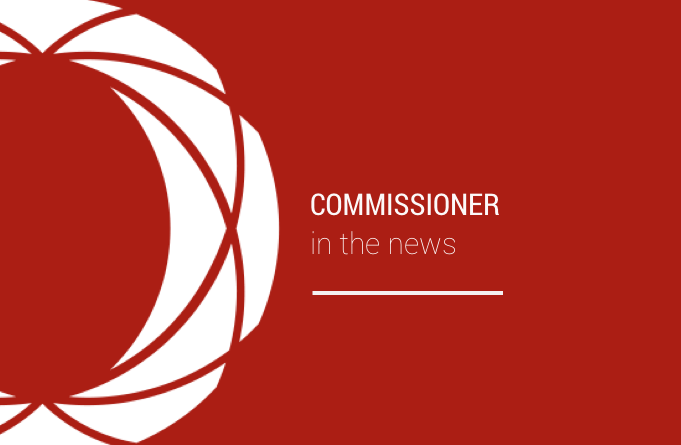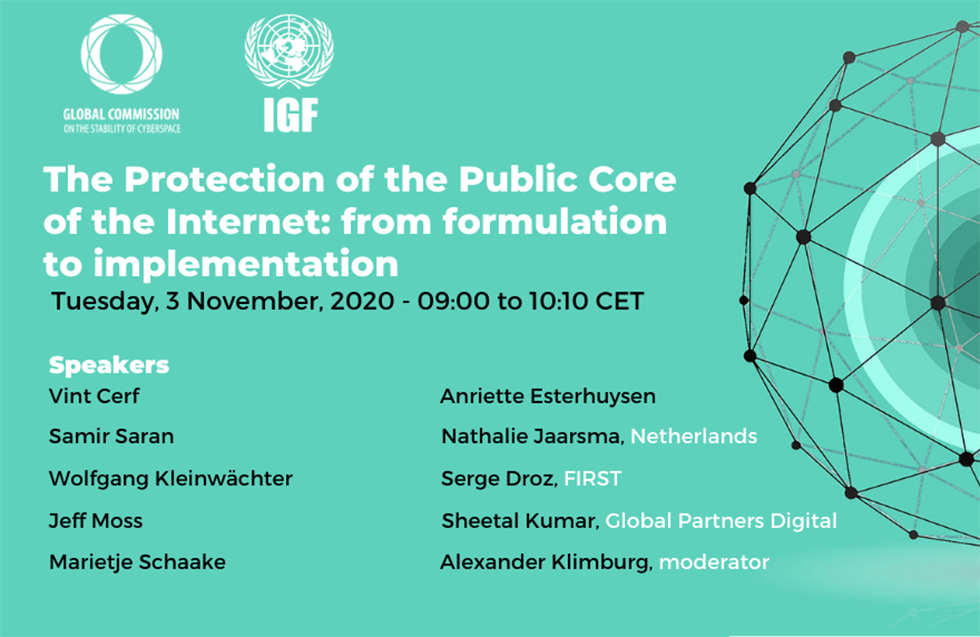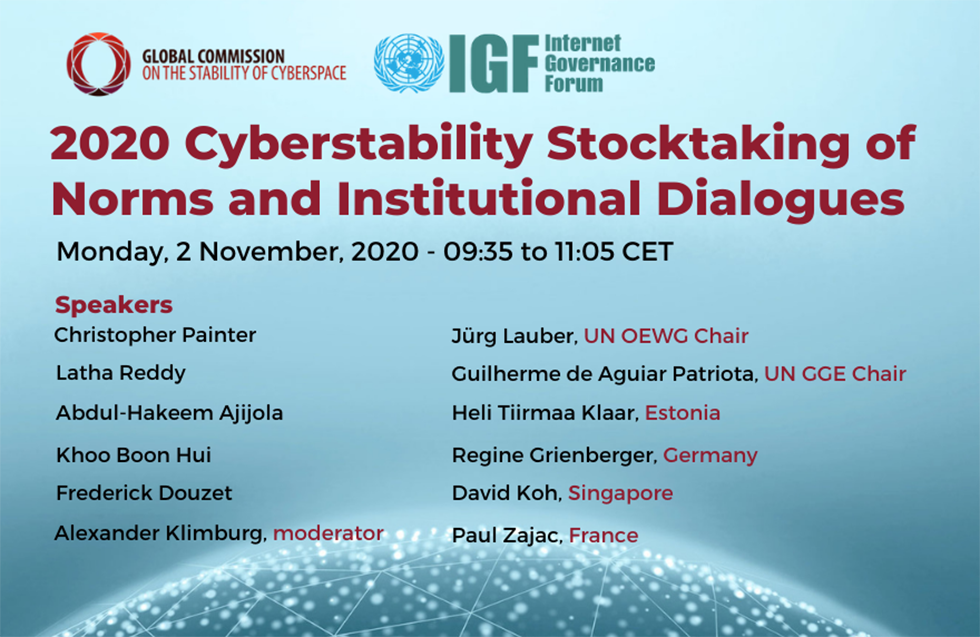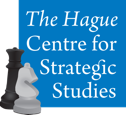The article by Julian Borger and Lily Kuo was published in The Guardian, 17.10.2018
The US and China have shrugged off rules and constraints that have kept their 21st-century global rivalry in check, opening the way for an escalating conflict on many fronts that neither side appears willing or able to stop.
Chinese officials have accused Washington of starting a new cold war, but the jostling between the two powers has already shown its potential to turn hot through accident or miscalculation, if action is not taken to defuse tensions.
Most experts said that China – though a leader in economic espionage that has sought to lobby against Trump’s tariff policies – was not trying to hack the US elections in the way Russia had meddled in the 2016 vote that brought Trump to Oval Office.
But the Chinese government has ended a cyber ceasefire agreed between the president, Xi Jinping, and Barack Obama in 2015, unleashing armies of hackers once more in pursuit of the trade secrets of US firms.
Christopher Painter, who was the top US cyber diplomat under the Obama administration, said that Beijing agreed to the 2015 cyber deal because they did not want the threat of sanctions to overshadow a state visit by Xi.
“It was not seen just as a cyber issue but an economic and national security issue that affected the overall relationship,” Painter, now a commissioner at the Global Commission for the Stability of Cyberspace, said. “Certainly there was still hacking going on but it did have a substantial decrease.”
“If the reported increase is true, I would ascribe in part to this deterioration of the overall relationship, because that’s what brought them to the table in the first place.”






